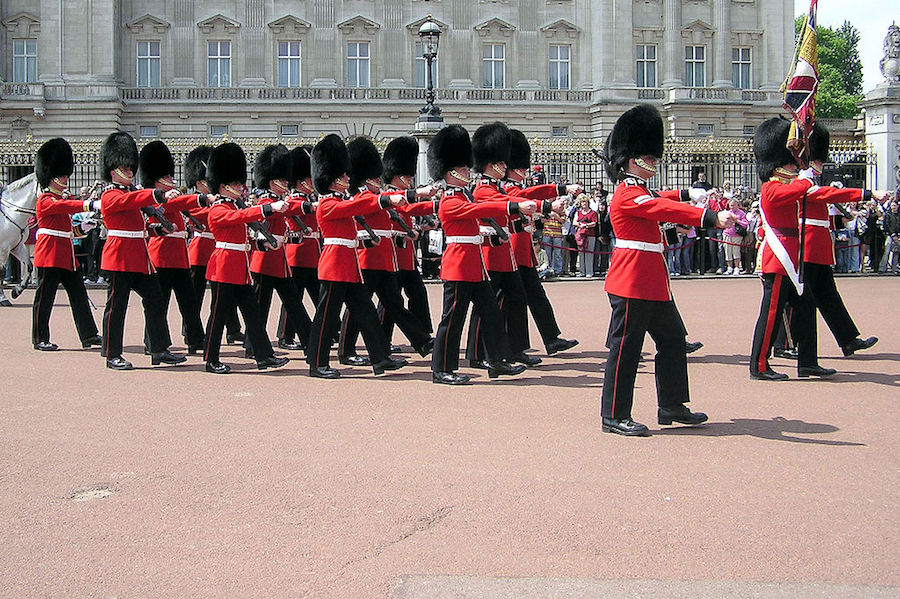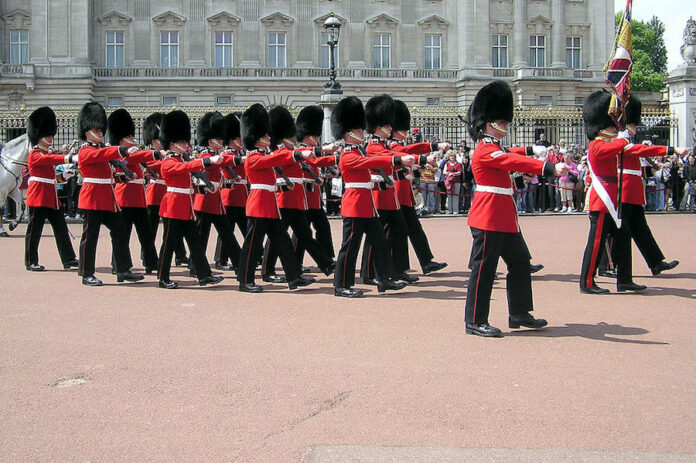
 America could stand to learn a few things from other nations about gun laws
America could stand to learn a few things from other nations about gun laws
Controversial as the statement may seem, America is actually not the best at everything — especially when it comes to gun violence and gun laws. Our gun homicide rates are 25.2 times higher than those of other high-income industrialized countries such as England or Japan.
Unlike America, the United Kingdom decided to act on gun legislation when a tragic mass shooting in 1996 occurred at a primary school in Dunblane, Scotland. In the months following Dunblane, a nationwide fever of public debate ensued. The Snowdrop Petition was launched and a judicial inquiry was initiated. These actions and their consequences were all swift and groundbreaking. The Snowdrop Petition, which called for a ban on private gun ownership, elicited 750,000 signatures.
To put that into context, after the Sandy Hook Elementary shooting in Connecticut, 300,000 people signed a petition on the White House’s official page. After taking into account the total population of England versus America, that’s about 12 times the public support in England for gun control following a prominent national tragedy.
That public pressure, as well as the anticipation of the Cullen Inquiry, which would report official findings about the shooting and ways to prevent it, worked well for the United Kingdom. The U.K. banned all handguns above 0.22 caliber with the Firearms Amendment Act of 1997, and extended it by banning all handguns regardless of the caliber in an amendment to the legislation the same year.
Since then, England’s firearm-related mortality rate has dropped to 0.3 percent.
Out of 127 million people, only 710,000 civilians own a private firearm in Japan, meaning that less than one percent of the entire population own a gun. Their law, which dates back to 1958, is the closest to a zero-tolerance gun policy that the world has seen.
It states that no one is permitted to own a firearm or sword, with a few exceptions, such as only being able to own a shotgun with a rigorous licensing process. Japan’s firearm homicide rate? Only 0.1 percent.
Even though Japan is one of the most stringent gun-control nations in the world, the United States could still stand to learn from their firearm background-check process. In Japan, before someone can even think about owning a weapon, they have to attend special classes on firearm use, pass written and oral tests, take a drug test and undergo a comprehensive background check. Only if all these tests are passed with no red flags can a gun be purchased.
Although it’s impossible to project exactly what would happen in the United States if laws such as these were implemented, it is safe to say that deaths by firearms rates would decrease.
By having to undergo background checks, criminals with a past history of violence or abuse would be weeded out. Having to take a series of training and educational classes would deter impulsive or suicidal prospective owners. A drug test would highlight those who may not be in the best condition to own a gun at that point in their lives.
Other issues, such as not being able to filter people who are dangerous, but don’t necessarily have a written record of violence or criminal activity, still need to be addressed. But we need to start somewhere.
The United Kingdom’s change came after a horrifying mass massacre of children. Japan’s came in an effort to unify the population. When, and what, will it take for America’s change to come?
Written by: Tamanna Ahluwalia — tahluwalia@ucdavis.edu
Disclaimer: The views and opinions expressed by individual columnists belong to the columnists alone and do not necessarily indicate the views and opinions held by The California Aggie.





